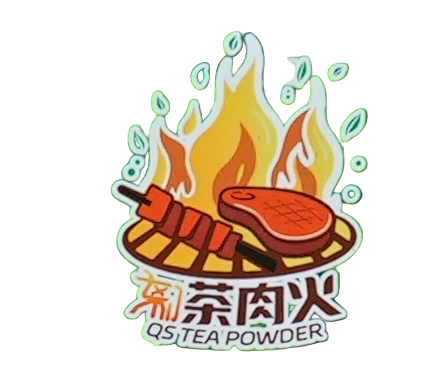Lijiang, a city located northwest of Yunnan Province, is situated at the junction of the Yunnan-Guizhou Plateau and the Qinghai-Tibet Plateau. It is connected to Diqing Tibetan Autonomous Prefecture in the north, Dali Bai Autonomous Prefecture in the south, Nujiang Lisu Autonomous Prefecture in the west, and Sichuan Liangshan Yi Autonomous Prefecture and Panzhihua City in the east. It is famous for its unique geographical location, rich natural scenery, profound historical culture and tempting food. It is an ideal tourist destination for domestic and foreign tourists.
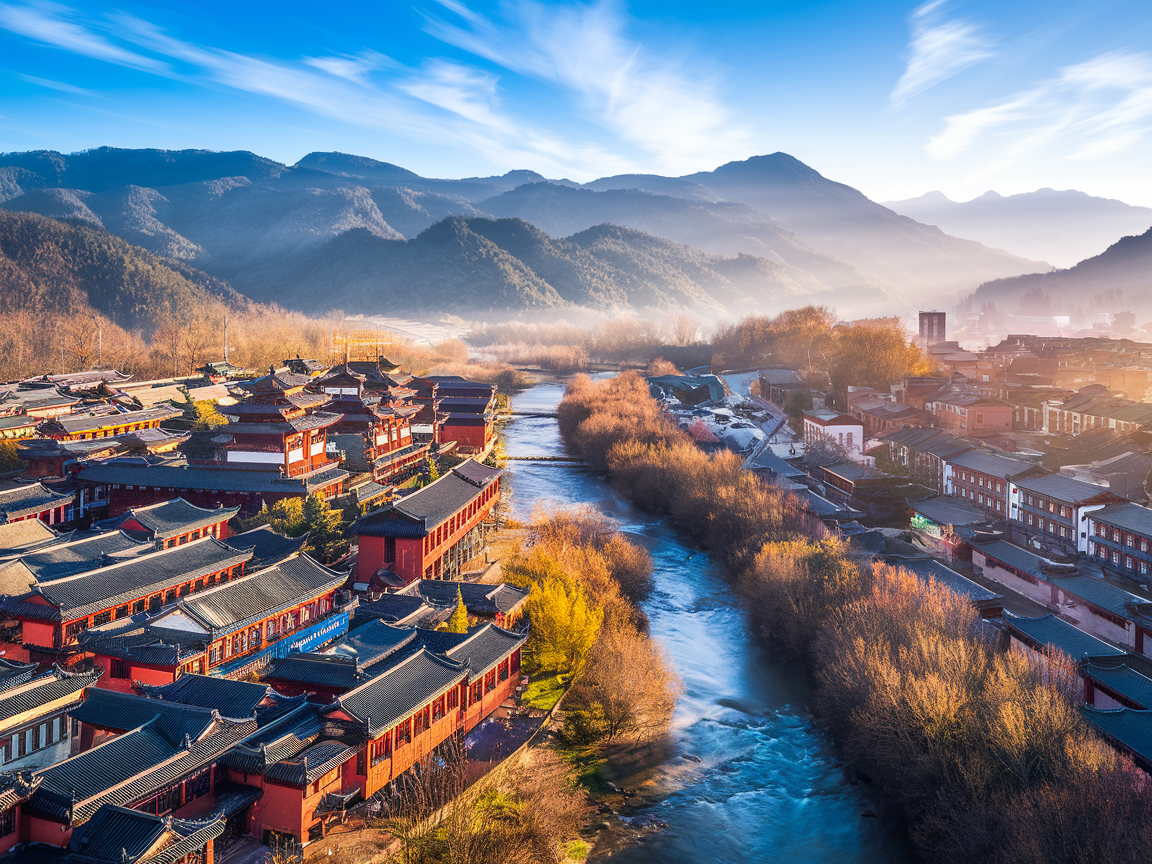
Geographical location and climate
Lijiang has a plateau-type southwest monsoon climate with low temperatures and large temperature differences between day and night. The annual average temperature is between 12.6℃ and 19.8℃, and most areas are warm in winter and cool in summer. This climate feature gives Lijiang four distinct seasons, each with its own unique scenery.
Historical background and culture
The history of Lijiang can be traced back to around 279 BC. In the early days, it was the residence of the Naxi people. The Naxi people are the main ethnic group in the Lijiang area, with a long history and unique cultural traditions. The ancient city of Lijiang was listed as a World Cultural Heritage by UNESCO in 1997 and is an important historical and cultural city in China.
In the Ming Dynasty, Lijiang established a unique political system - the Lijiang Tusi system. The Tusi was held by the leaders of the Naxi ethnic group, who managed the political, economic, and military affairs of the Lijiang area. The Lijiang Tusi period was the golden age in the history of Lijiang. Lijiang became a prosperous trade center, and the starting point of the Ancient Tea Horse Road was also in Lijiang.
The Naxi people thrived in the Lijiang area and gradually formed their own social organization and cultural system. The Dongba culture of the Naxi people is its unique cultural heritage, including Dongba script, Dongba painting, Dongba music, etc.
Main attractions
Jade Dragon Snow Mountain: One of the most famous attractions in Lijiang, it is mainly characterized by its high snow-capped mountains, magnificent glaciers and virgin forests. Take the cable car up the mountain to see the magnificent glaciers up close and feel the shock of nature.
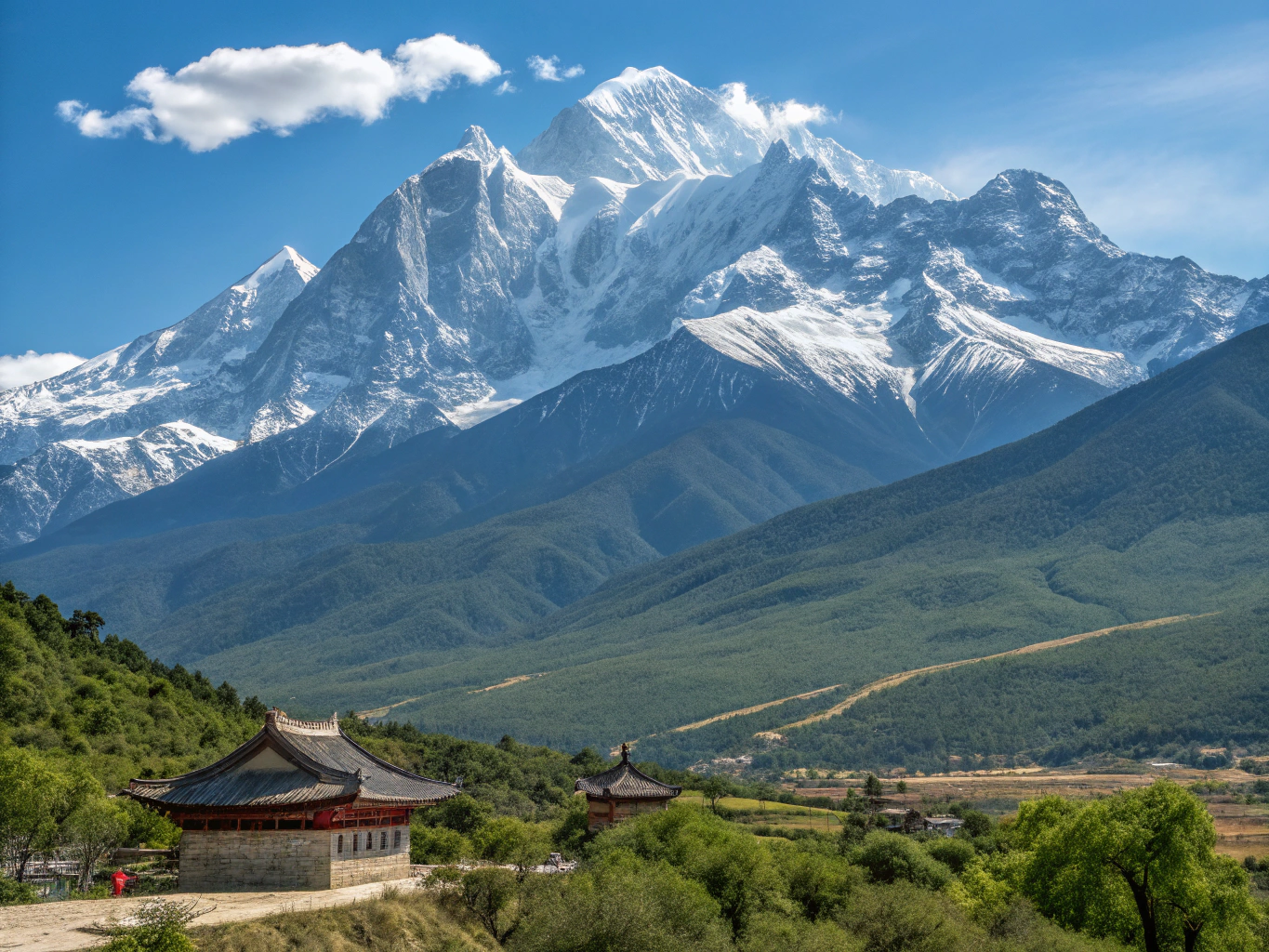
Lugu Lake: Located in Lijiang City, it is the "mother lake" of the Mosuo people. It is rich in forest resources, beautiful mountains and clear waters, fresh air and charming scenery.
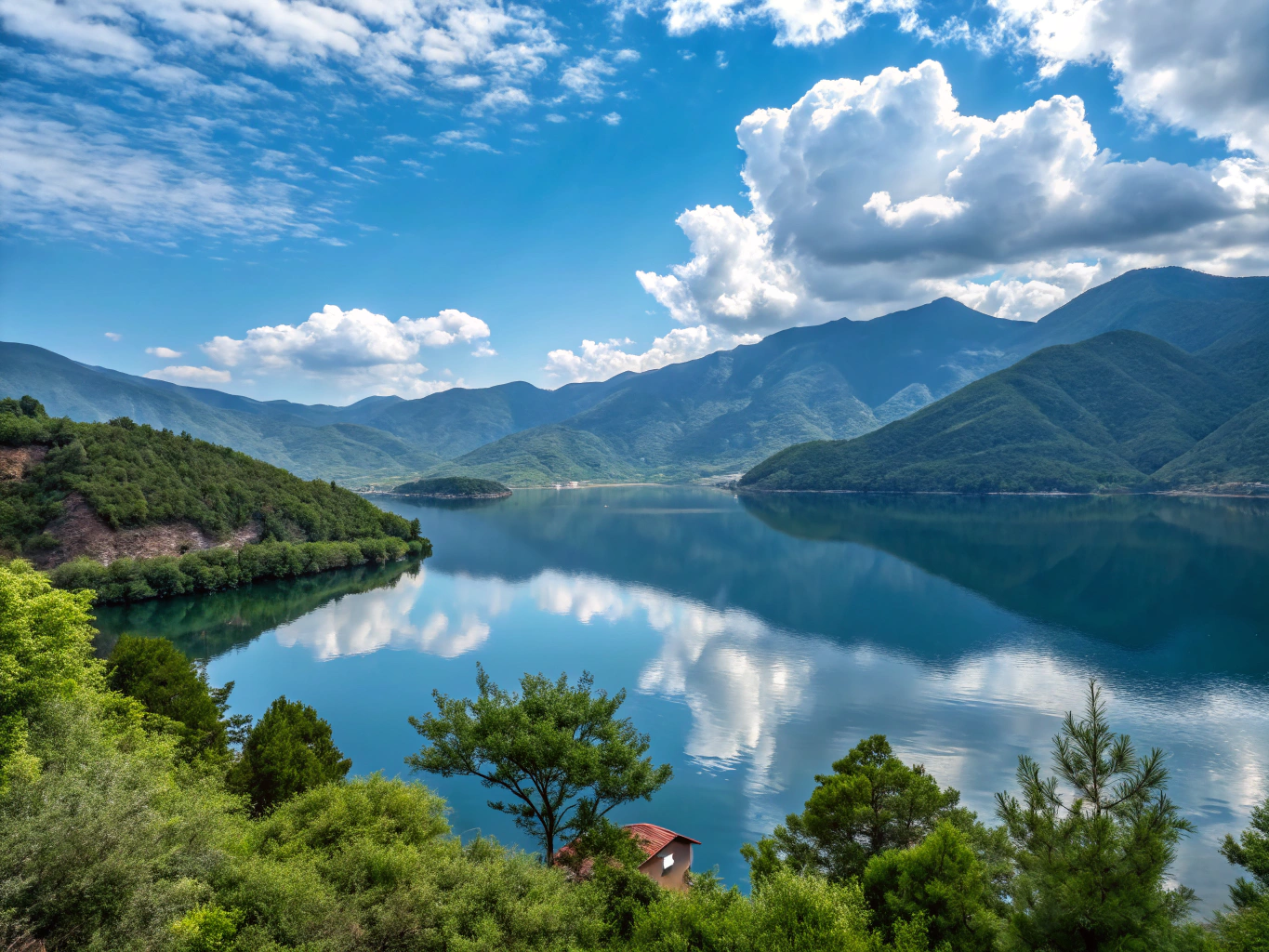
Lijiang Ancient Town: An important historical and cultural city in China, it preserves the architectural style of the Ming and Qing Dynasties. Stone-paved streets, old wooden houses and unique water systems constitute its unique landscape. Strolling in the ancient city, you can enjoy the exquisite architecture, traditional Naxi culture and strong historical atmosphere.
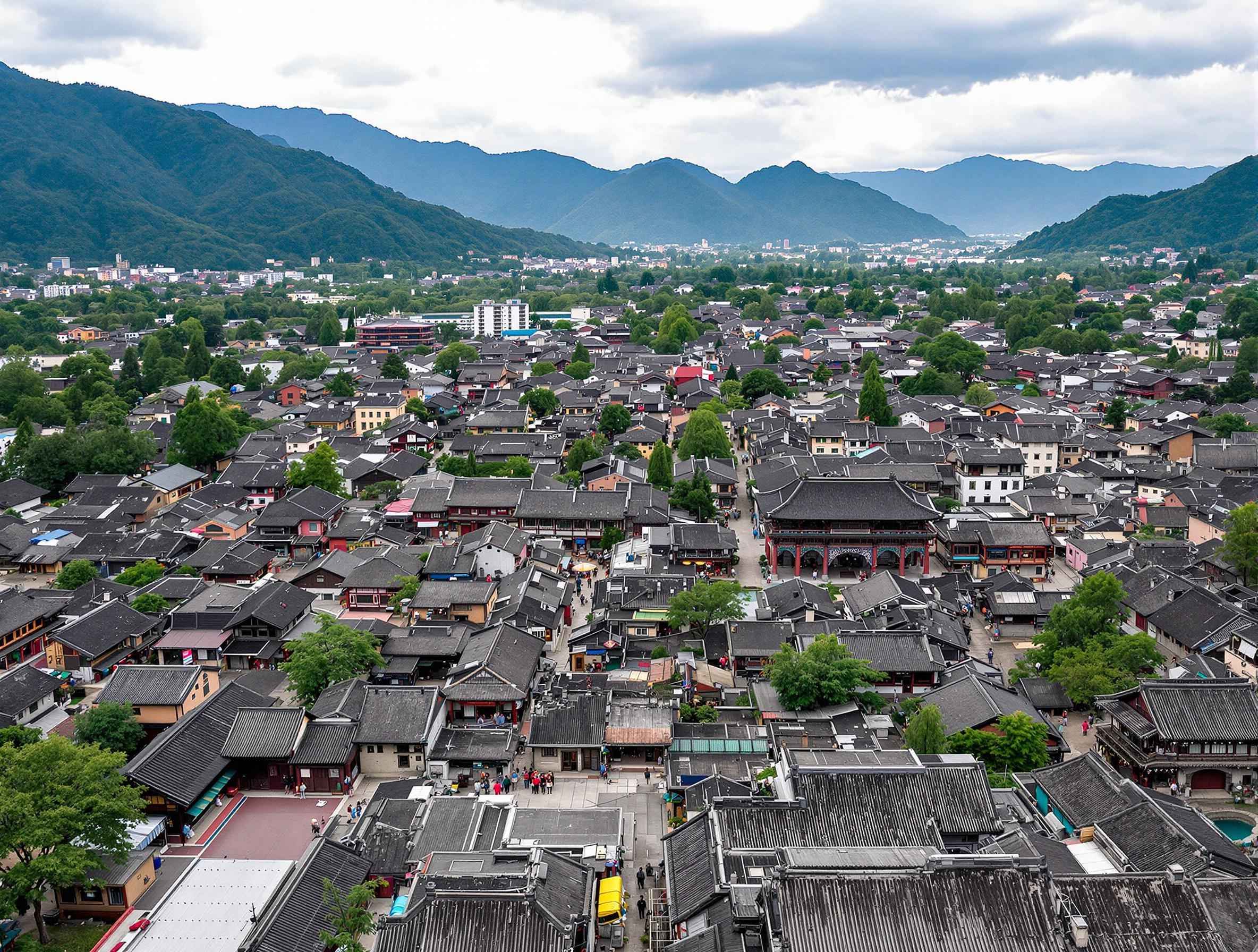
Mufu: The largest ancient residential building complex in Lijiang Ancient Town, it is also the palace of Lijiang and the official residence of Lijiang Tusi. This building is full of traditional Naxi architectural features, such as carved beams and painted buildings, flying eaves and arches, and painted doors and windows.
Shuhe Ancient Town: Located in the Old Town District of Lijiang City, it is a traditional water town with a long history, which retains many ancient buildings and customs. It is suitable for walking, taking pictures and feeling Naxi culture.
Heilongtan Park: A park with beautiful scenery and rich history and culture, it is famous for its clear lake water and spectacular Heilongtan Waterfall.
Food Experience
Lijiang's food culture is also rich and colorful. Here are some local delicacies that you can't miss:
Salted pork ribs hot pot: with cured pork ribs as the main ingredient, paired with various vegetables and seasonings, it tastes delicious and fragrant.
Chicken bean jelly: One of Lijiang's traditional snacks, it has a smooth taste, sour and spicy, and is a good choice for cooling off in summer.
Naxi barbecue: Local pork is selected, and after a special marinating and baking process, the skin is golden and crispy, and the inside is tender and juicy.
Lijiang Baba: The main ingredients are fine wheat noodles, ham, etc., with two flavors of salty and sweet, golden in color, crispy on the outside, and soft on the inside.
Lijiang Tea Ceremony
In Lijiang, tea ceremony and tea art are important parts of tea culture. The traditional Yunnan tea ceremony performance shows the traditional rituals and processes of the tea ceremony, allowing people to understand the essence of the tea ceremony. The tea sets used in the tea ceremony are also an important carrier of tea culture. In Lijiang's tea shops, you can often appreciate various exquisite tea sets and learn about the production and exquisite craftsmanship of tea sets. Lijiang has a rich variety of teas, among which the most famous is Pu'er tea. Pu'er tea is one of the six major teas in China and is famous for its unique fermentation process and taste.
During the Spring Festival every year, Lijiang also holds a grand "Tea Horse Road Cultural Tourism Festival", which attracts many tourists to watch. During this festival, people can taste various Lijiang specialty teas and watch performances and exhibitions on the Tea Horse Road.
If you are interested in tea culture, you can browse the tea seasonings and tea recipes on our website.
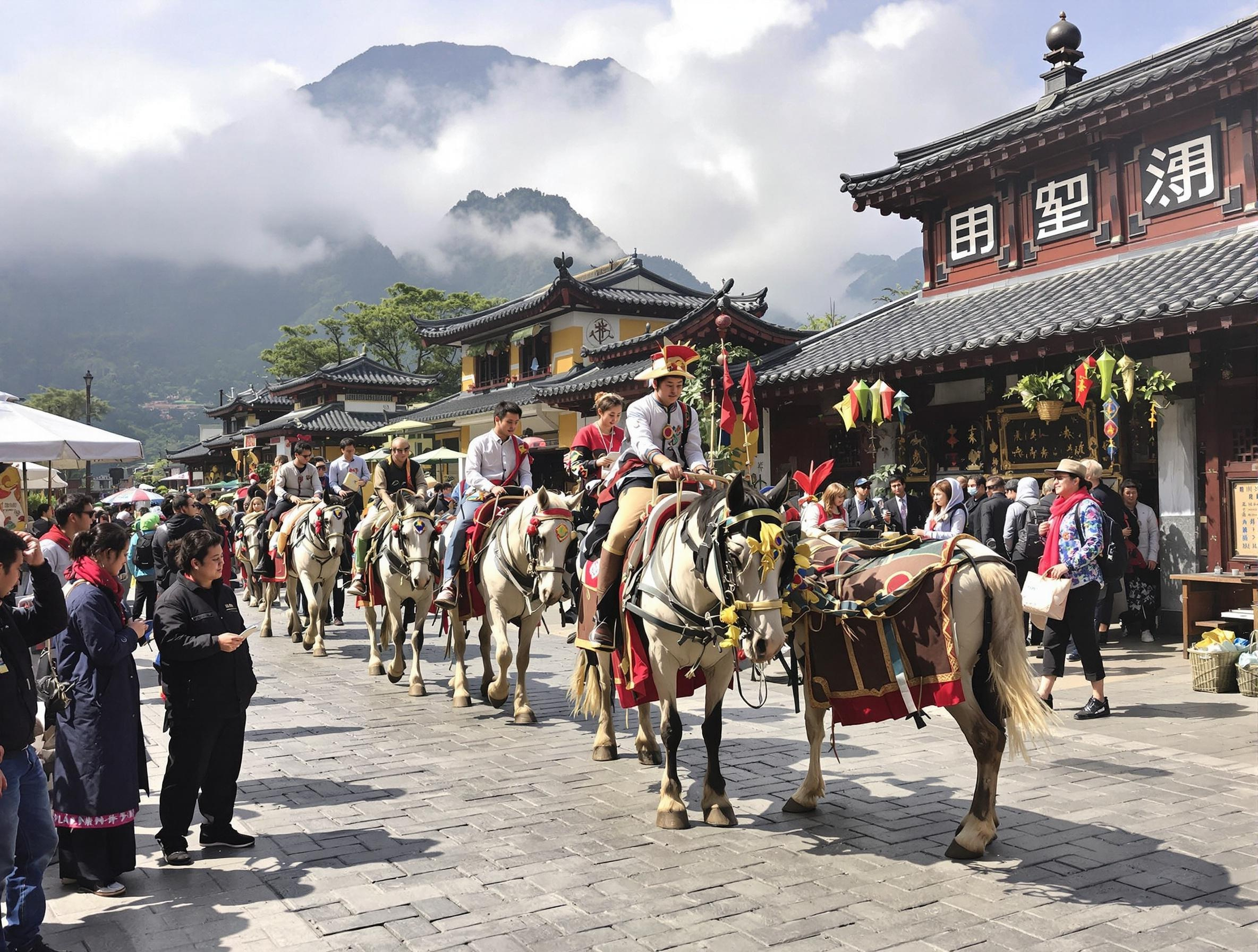
Tourism services
Lijiang has rich tourism resources and a complete tourism service system. Whether it is hotel accommodation, catering or transportation, it can provide tourists with high-quality services and convenient conditions. In recent years, Lijiang has accelerated the pace of urban construction, continuously improved the quality and image of the city, and provided tourists with a more comfortable tourism environment.
Notes
Weather and clothing: Lijiang is quite cold in winter, especially in scenic spots such as Jade Dragon Snow Mountain, so you need to bring warm clothes. At the same time, the sunshine in Lijiang is strong, so be sure to bring sunscreen.
Altitude sickness: Some areas in Lijiang are at a high altitude, such as Jade Dragon Snow Mountain, and altitude sickness may occur. You can prepare some anti-altitude sickness drugs in advance, pay attention to rest, and avoid strenuous exercise.
Respect local culture: Lijiang is a place where many ethnic groups live together, and you must respect the cultural customs and religious beliefs of the local ethnic groups.
